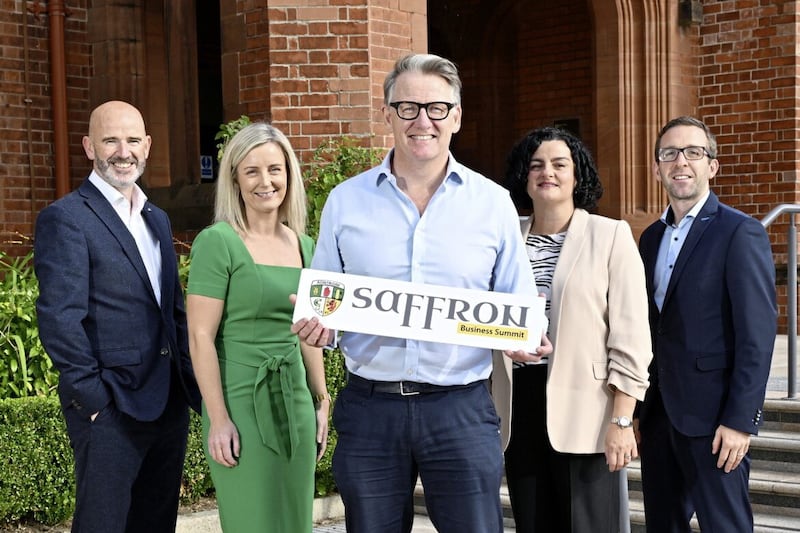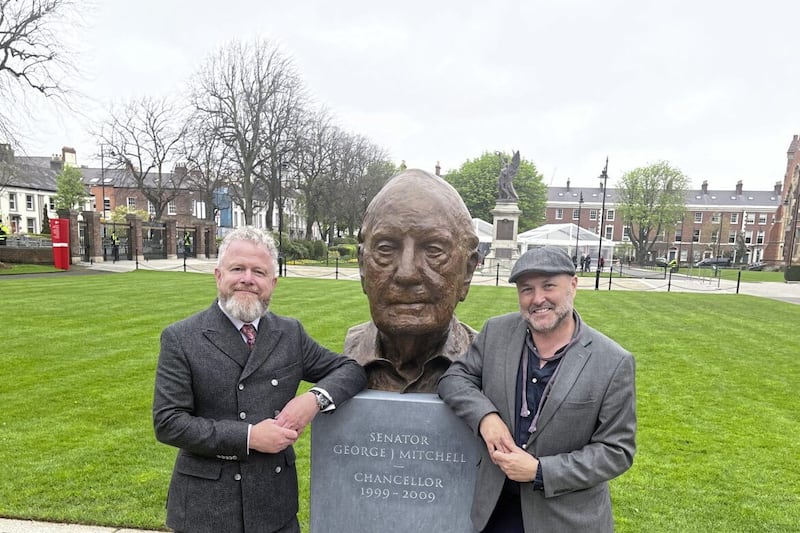PHRASES like PR disaster and PR victory are part of common parlance these days and yet one of the questions I still get on a regular basis is ‘what is it you do?’ No smart comments please.
If you follow the news and social media in particular, it will have been hard to miss the recent United Airlines PR disaster. Earlier this month, United had overbooked a flight from Chicago to Kentucky and asked for volunteers to take a later service. When none came forward, the airline picked four for itself so that it could ensure four United staff could take their place and get to work the next day.
The problems arose when one of the paying passengers, Dr David Dao, refused to get off the plane. United and the airport authorities decided to take physical action and basically Dao was very forcibly lifted and dragged off the plane sustaining at least one facial injury in the process. Needless to say, the violent removal was filmed by some of the other passengers and within hours, the story became an internet sensation.
If ever I needed evidence of the risks for companies taking violent or inappropriate action against customers in the digital age, this was it. I watched as one passenger posted the video material on Twitter and within the hour at least 20 major news organisations got in touch with him, again via Twitter for all to see, to ask for permission to use the footage.
Of course, consent was given to every request and the footage from that passenger’s smartphone was shown all over the world. These days, we call that passenger who gave his footage away for free a ‘citizen journalist’. In our industry when we go to look for extreme examples of the impact of citizen journalism, this one will be near the top of the list of case studies for some years to come. The backlash against United across the internet and on social media platforms like Twitter and Facebook was widespread. There were petitions, calls for a boycott and all sorts of comical parodies of United’s advertising.
At times like those, the actions of the chief executive of the offending organisation become crucial. Step forward United’s Oscar Munoz, the previously respected and well-liked CEO who, ironically, had even been given a Communicator of the Year award by the trade magazine PR Week last year. His reaction needed to be fast, contrite and decisive. Instead, his initial statement the day after was too vague and cautious, obviously influenced by legal advice which was trying to protect the company from any future litigation.
His statement read: “This is an upsetting event to all of us here at United. I apologise for having to re-accommodate these customers. Our team is moving with a sense of urgency to work with the authorities and conduct our own detailed review of what happened.”
Worse was to come when he went far further in a memo to United’s staff that same day suggesting that United employees had “followed established procedures” in ejecting the passenger and that Dao had been “disruptive and belligerent”.
Instead of starting to manage the situation and reduce the negative effects of the incident, Munoz’s actions fanned the flames. His communications, including an internal memo to over 80,000 staff which he and his team must have known would go public, only served to compound the damage caused by Dr Dao violent removal. If it wasn’t in enough trouble, United’s reputation really started to get slaughtered and that immediately knocked $250 million off its share price.
Seeing the damage, Munoz changed tack the next day and went with the far more contrite and sincere: “The truly horrific event that occurred on this flight has elicited many responses from all of us: outrage, anger, disappointment. I share all of those sentiments, and one above all: my deepest apologies for what happened,” he said.
The statement continued: “Like you I continue to be disturbed by what happened on this flight and I deeply apologize to the customer forcibly removed and to all the customers aboard. No one should ever be mistreated in this way. I want you to know that we take full responsibility and we will work to make it right.”
That's a bit more like it and is the type of statement which, if it had come immediately after the incident, may have reduced the damage and the longevity of the story. The fumbled PR response and Munoz’s switch in approach only served to stretch the story out for at least another 36 hours - a long time in the news world.
As one commentators said in The Huffington Post: “CEOs would do well in remembering that sincerity, contrition and empathy are all free. In a crisis, the faster they emerge along with genuine accountability, the faster the crisis will pass reducing economic, social and environmental impacts. Indeed, in some examples, enlightened leaders gain from scandals by proving that values matter most when they are least convenient.”
United is a big company carrying 143 million passengers to 339 domestic and international destinations. While there was a short-term fall in its share price following the incident, the subsequent quarterly results showed healthy returns with revenues of $8.42 billion, above the $8.38bn expected and earnings above expectations also.
Munoz said he took full responsibility "for making this right", and that policies are being reviewed. He also called the incident a “big failure” but said it was too early to tell what the long-term damage to United would be.
Having taken a look, it’s pretty clear that the story hasn’t gone away completely. One US poll revealed that almost 60 per cent of potential fliers would rather take a near six-hour journey with a stopover than take a direct flight with United that took half the time.
My gut feeling, however, is that United will be okay because it has a strong enough balance sheet to invest millions of dollars in trying to put the reputational damage right, through improved procedures and training and, no doubt, a generous marketing spend.
Dealing with a crisis like that is one of the areas PR consultants advise on, though it’s not just the media, news and social, fall-out of an incident which counts, the organisation’s overall reputation management is crucial too. Maybe I should send Mr Munoz a wee message. Via Twitter of course.
:: Paul McErlean (paul@mcepublicrelations.com) is managing director of MCE Public Relations
:: Next week: Claire Aiken









